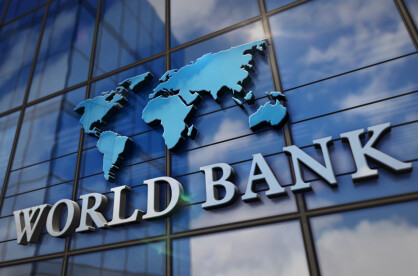In a surprising twist,
Bangladeshi Prime Minister Sheikh Hasina has secured her fifth consecutive
election victory, cementing her status as the longest-serving prime minister in
Bangladesh's history. However, this achievement has sparked intense scrutiny,
particularly considering Sheikh Hasina's political career has been marked by
controversy.
One major concern revolves
around the state of democracy and political leadership in Bangladesh. Critics
argue that Sheikh Hasina's continuous hold on power raises questions about the
country's democratic principles, especially in light of the recent imprisonment
of opposition leader Khaleda Zia, a two-time former prime minister.
Accusations of persecution
and suppression of critics and opponents have been persistent throughout Sheikh
Hasina's reign, gaining even more prominence after her latest election win.
Reports suggest that the ruling Awami League, led by Sheikh Hasina, employed
various methods to manipulate the election, including creating a climate of
fear, imprisoning and disqualifying opposition candidates, controlling the
media, and limiting oversight of the electoral process. The removal of the
caretaker government requirement from the constitution further raises concerns
about impartiality and political interference.
"I implore the
government to take the necessary steps to ensure that the human rights of all
Bangladeshis are fully taken into account, and to strengthen the underpinnings
of a truly inclusive democracy." - UN Rights Chief, Volker Turk
Adding to the concerns is
the noticeable decrease in voter turnout over the years, with the latest
election drawing only 40 percent of eligible voters compared to the previous
election's 80 percent in 2018. Despite allegations of vote rigging and illegal
tactics, Sheikh Hasina retains significant support.
Moreover, the concentration
of government power in a single political party has adversely impacted the
diversity of critical political institutions in Bangladesh, particularly the
Election Commission. The lack of an independent election commission, separate
from the Prime Minister's Office, has allowed those in power to appoint
individuals favouring their agenda, further undermining the integrity of the
electoral process.
In reflecting on Sheikh
Hasina's actions, many observers are questioning the path of democracy in
Bangladesh and advocating for a more inclusive and pluralistic political
landscape. The controversial decisions and actions taken by Sheikh Hasina's
government have intensified concerns about the nature of democracy practised by
political leaders in Bangladesh.






